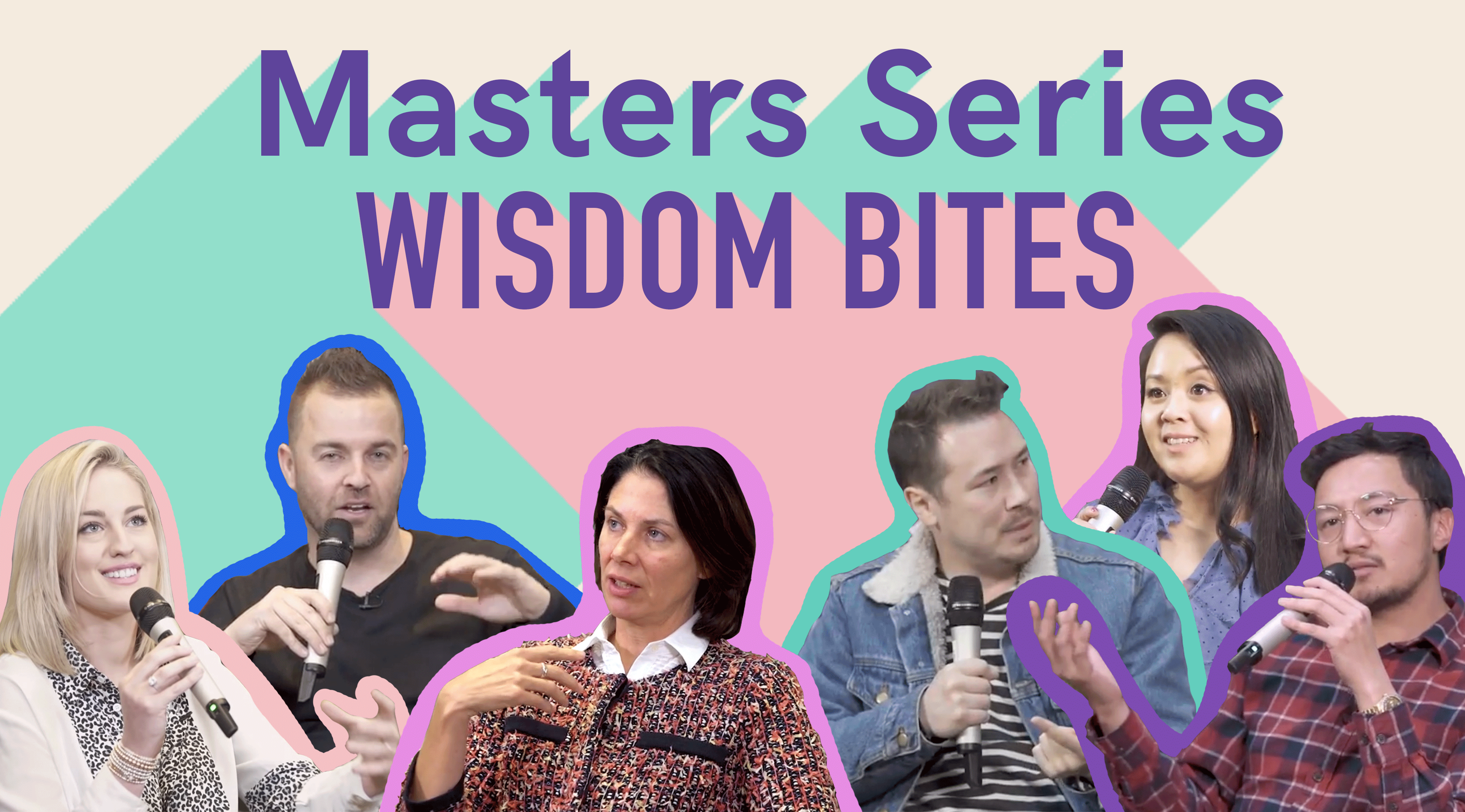
“I need to create space in my life for self-actualisation, to: (1) reflect; (2) define my core values; and (3) define the boundaries where I play.” – Ben Trinh
“Your values are what you believe about the world. Your values are the boundaries and the ethical convictions that you consider true in your world. They are not going to be true for everyone and don’t expect them to be as such; they are just true for you. These are the lines you won’t cross no matter how big your business gets.” – Ben Trinh
“What are the relationships immediately around you? Who do you bounce off and get energy from? Who do you share your problems with and do they deeply listen? These people are good first employees. They’re good for your first five employees because these people are the early doctors in your business. Our bookkeeper is a great example. When she came in through our doors she had never been a bookkeeper; she was a restaurant manager. But she said to me that she connected with our values, and wanted to be our bookkeeper. She was so clear in her vision that we hired her because you can train competencies but you cannot train character. Well.. you can.. it’s just a lot harder.” – Ben Trinh
“You will need hope and vision because you will need both resilience and grit when things get tough. It will give meaning to those moments when you feel like giving up and so I’d encourage you to piece together and deeply understand your vision, your passion, and your strengths. Have a tangible, descriptive picture of what the world looks like when the problem you’re solving is solved. It should be inspiring. It should be something that gets you out of bed every day. This is what will get you through the tough times.” – Ben Trinh
“Your business is your team; your clients; the people you surround with. A person by themselves do not make a business. Create a team around you that is based on your values and principles. When you say thank-you to the members of your team, anchor it in your values.” – Demi Markogiannaki
“Listen. Always listen. Identify what are the actual problems are that people have. Draw on their feedback and create a solution that will solve their issue. When we did that at WeTeachMe, I knew we were on the right path because people were willing to give money for the solution that I created.” – Demi Markogiannaki
“It’s never a good time and it’s never the right time. A lot of people approach me and tell me that they have an idea. Everyone has an idea. However, the person that wins is the person that executes the idea. In contrast, the person who over analyzes will one day turn 50 and they will still be analysing.” – Demi Markogiannaki
“It doesn’t matter how many books you read, or how much you think, or how many notebooks you fill with bullet points about the things you plan to do. The important thing is that you actually do something.” – Demi Markogiannaki
“In business, suffering is actually good. It’s what brings out the gems, it’s what builds character, it’s where you get your learnings, and it’s the way you humble yourself. So, I’d say in addition to hope, it’s about reframing our thinking around suffering.” – Ben Trinh
“I love what Demi said about listening and being an active listener. How can I listen better so that I draw out the key insights? And how do I fail and get through this as fast as I can, so that I can get the learning gems?” – Ben Trinh
“Jess and I were new graduates when we started the business and as new graduates, you know nothing. You have no shame asking for help because you come from a university environment where everyone needs to help each other so we had no shame asking for help and really latching on to feedback. We spent a lot of time reflecting and deepening our sense of self-awareness. You need the humility to be open-minded to other things and you also need to be an action person. It’s all great to be a philosopher and sit there and learn about the world, and how you’re terrible person or how you can be better, but if you don’t make your reflections a a tangibility in your life, then you’re not going be on that journey towards self-actualization.” – Ben Trinh
With thanks to
Ben Trinh is the founder of Life Ready Physio & Pilates. Fresh out of university, Ben realised there was a fundamental problem in the physiotherapist’s business model. His solution has grown to 30 locations and over 300 employees in less than a decade.
Demi Markogiannaki is one of the founders of WeTeachMe. Demi worked with her co-founders to create a solution to help teachers find their students – but that wasn’t the solution they were looking for. After listening to their customers, WeTeachMe grew to become the go-to marketplace offering hundreds of classes to thousands of students.
About Masters Series by WeTeachMe
Masters Series is a show about inspiring entrepreneurs, creative thinkers, and visionary dreamers, and the stories behind how they built their companies.
Subscribe to show
Show brought to you by
Masters Series is presented by WeTeachMe.
Our strategic alliance partners: MYOB, SitePoint, and Entrepreneur’s Organization.
Our media partners: Startup Victoria and Digital Marketers Australia.
Our content partners: Written & Recorded.
The views expressed by the contributors on this show are linked websites that are not necessarily endorsed by the publisher.
Question of the day
What was your favourite quote or lesson from this episode? Please let me know in the comments.


















